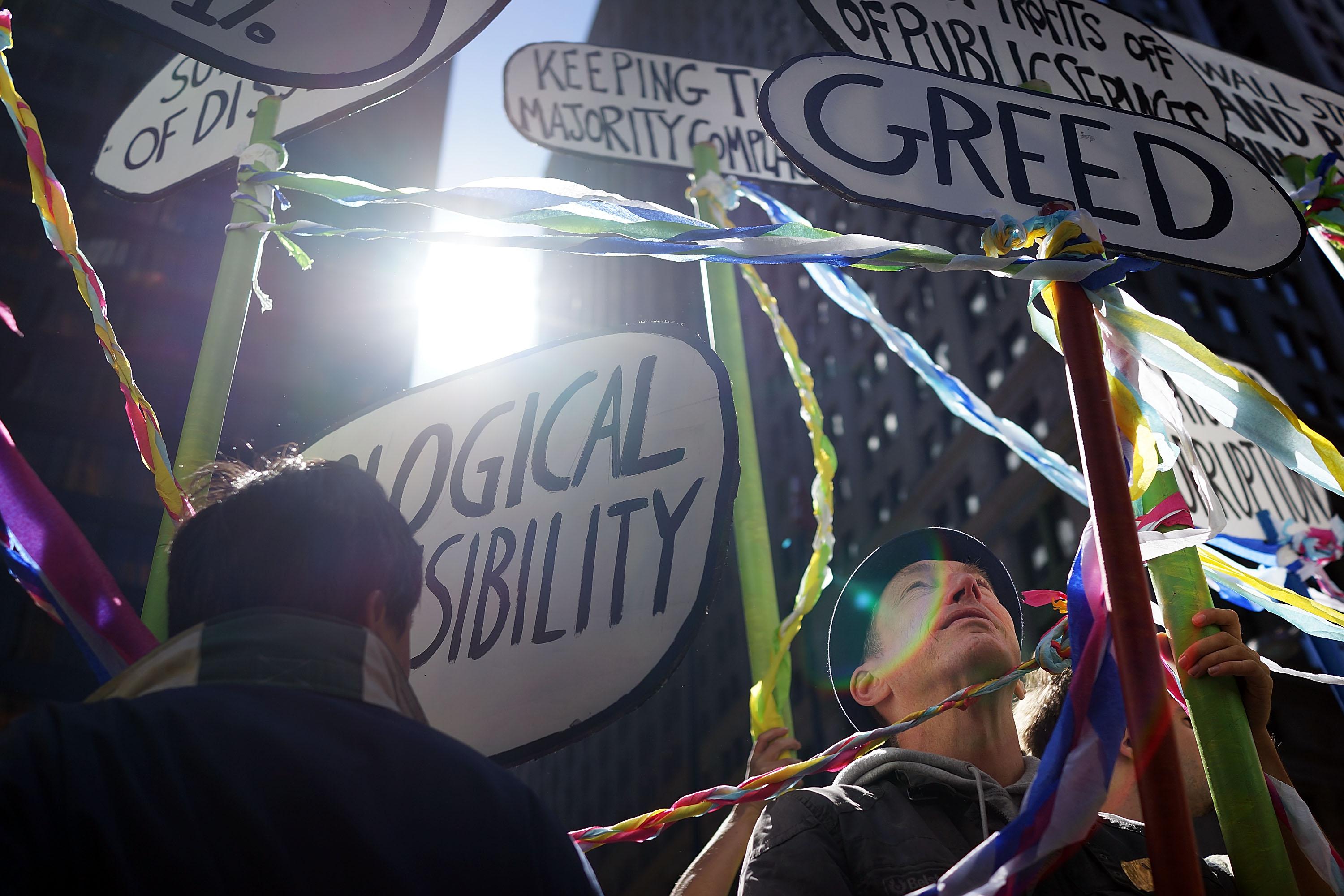In this week’s New Yorker, James Surowiecki profiles a new startup that is either a threat to traditional bank lending or a modern form of indentured servitude. The year-old startup is called Upstart, and here’s how it works.
You have very little money and you want to go to school or start a company, or even commit cash to something that is not necessarily a potential income generator. Instead of going to a bank or using a credit card, with a fixed rate, you borrow from Upstart, which in return for the loan takes a percentage of your future income over the next five or ten years. According to Upstart, the share you’ll have to pay back will never exceed 7 percent of your income. There’s also a floor, or minimum, such that if you don’t earn enough in a given year, you pay nothing, but the year gets tacked on to the end of the loan’s term.
The advantage of such “human-capital contracts,” as Surowiecki points out, is that most young Americans have fixed-payment debts, where you are compelled to pay back a set amount, irrespective of your income. The fixed-payment debt “puts a lot of pressure on people to take whatever job is available, discourages them from investing more in education.” Surowiecki sees the potential rise in Upstart-like arrangements as benign, particularly in a world where students already carry $1.2 trillion in student loan debt and Americans in their 20s owe an average of $45,000 to someone else.*
Kevin Roose, over at New York magazine, has a slightly less rosy view of the potential of such contracts: “There’s no sign of a slowdown in the creation of new and innovative ways for people to commit themselves to sub-optimal economic conditions, possibly for the rest of their lives.” In short, Roose says, Upstart is “giving young people in the post-crash economy the chance to indenture themselves to patrons in the investor class.”
So is Upstart creepy or just a more humane way to loan money? The creepiness factor comes in because the relationship between lender and borrower is so personal. Forfeiting a portion of your future personal income feels very different than exchanging a piece of your company for an initial investment. To be sure, the idea of a more income-dependent, flexible method of borrowing and repaying is a good thing. Unlike, say, a credit card, the payments are for a set period based on actual earning potential, so there is more incentive for Upstart to loan what borrowers can actually afford to pay back.
But here also is the underlying problem. Upstart, as its website says, uses a “proprietary statistical model to predict each upstart’s income over the next decade.” For most people, post-collegiate incomes will increase at a predictable rate. For many borrowers, that means an Upstart contract could be a fine deal in the end. Where it seems Upstart will make its money, however, will be on the statistical anomalies—the Facebooks, Twitters, you name it. These innovations came about at light speed, from off the charts. It doesn’t seem fair for a future Mark Zuckerberg to have to pay 5% of his annual salary to Upstart, just because it loaned him some money to go to college. That feels creepier than just taking out a loan. Companies like Upstart could well fund the masses, but make its big money hitching on to some sort of genius or innovation that it had very little impact on—it was just that the smartest guy in the room was broke at the time. And that feels a lot like indentured servitude.
Correction, Oct. 29, 2013: This post originally misstated that Americans’ student debt is $1.2 billion, it is $1.2 trillion.
